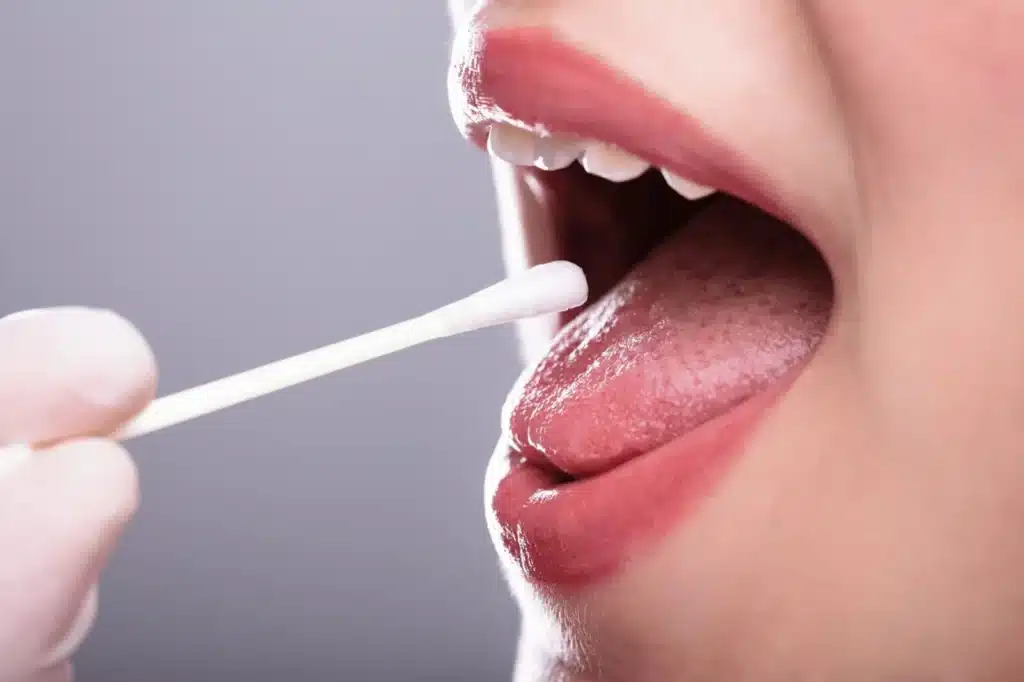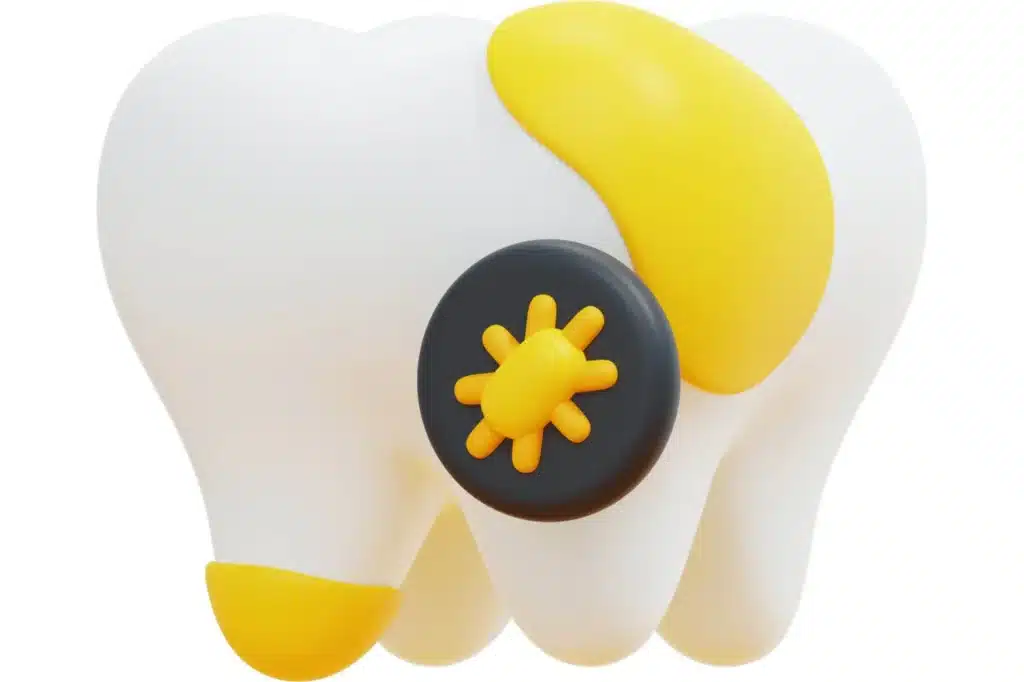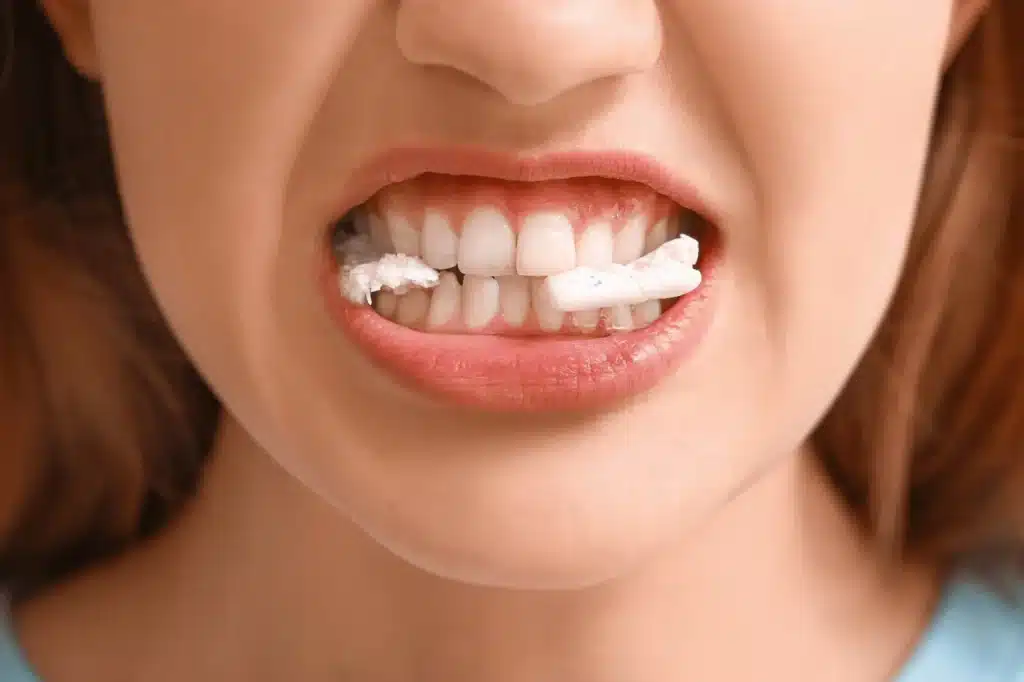Chewing gums can help prevent gum infections. Learn more to know tips for choosing tooth-friendly gum.
You probably already know brushing and flossing are crucial for a healthy mouth, but here’s a surprise. Chewing gum regularly can also help your teeth. The American Dental Association (ADA) says chewing gum for just 20 minutes after each meal significantly lowers the chance of getting cavities.
Learn why chewing gum is good for your teeth and tips for choosing tooth-friendly gum.
How does Chewing Gum help prevent Cavities?
While chewing gum with sugar can lead to cavities, choosing sugar-free gum can benefit your oral health. Sugar-free gum boosts saliva production by 10 to 14 times, and saliva is a natural tool your body uses to fight cavities.
Saliva does two critical things. Saliva neutralizes acids in your mouth that can cause cavities, tooth decay, and enamel erosion. Plus, saliva contains good things like calcium, phosphorus, and fluoride (if you drink water with fluoride). These elements help strengthen your tooth enamel and further protect against cavities.
Chewing gum right after a meal is like a quick clean for your teeth. The extra saliva helps wash away food bits and sugars, preventing them from causing trouble in your mouth.
Not all sugar-free gums are the same, so choosing the right one can give you even more dental health benefits.
Tips for Choosing Tooth-Friendly Gum
Let’s explore the tips for choosing tooth-friendly gum for your teeth.
Choosing a Flavor that Boosts Saliva
One of the tips for choosing tooth-friendly gum is to go for flavors that make your mouth produce more spit. Studies found that strawberry gum does this the best, especially in the first minute of chewing. Watermelon and apple flavors also work almost as well.
If you like mint or cinnamon flavors, they might not make as much spit as fruity gums, but they make your mouth less acidic. Among mint and cinnamon, spearmint and cinnamon flavors are better at lowering acidity than fruit-flavored gums.

Avoid Gum with Citric Acid
Some sugar-free gums, especially the sour ones, have citric acid. Chewing gum with citric acid can make your whole mouth more acidic, creating a perfect home for cavity-causing bacteria. It can also wear down your tooth enamel, especially if you chew it a lot. Tooth enamel erosion, caused by acid, can’t be fixed.
So, when you buy sugar-free gum, check the label to ensure it doesn’t have citric acid. This is among the best tips for choosing tooth-friendly gum. Your gum can help your oral health instead of causing trouble.
Choose Sugar Substitutes that Fight Bacteria
Sugar-free gums use different sweeteners, and some can fight cavity-causing bacteria. While sorbitol and maltitol are okay, gums with xylitol or erythritol do even more for your dental health.
When you chew gum with xylitol, the harmful bacteria in your mouth eat it like sugar. But here’s the cool part: these bacteria die after munching on xylitol instead of growing. Surprisingly, xylitol only affects the harmful bacteria, leaving the good ones alone. It also helps your body soak up more calcium, strengthening your teeth.

If you can’t find xylitol gum, go for one with erythritol. It also fights the bacteria that cause cavities.
Chew sugar-free gum, especially after meals, if you get many cavities. Doing this might cut down on the number of cavities you get.
Conclusion
The blog guides you on tips for choosing tooth-friendly gum to promote gum health. Avoid sugary or acidic gums, as it can harm your enamel.
Contact Dentalsway for more information on protecting gums.


